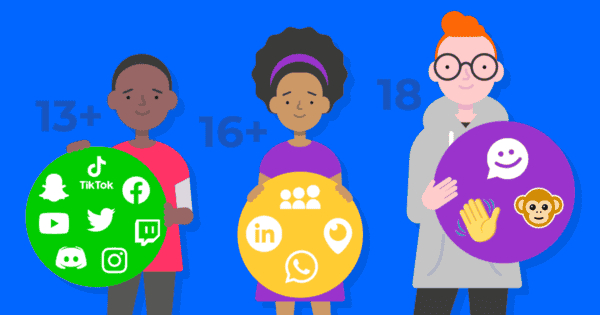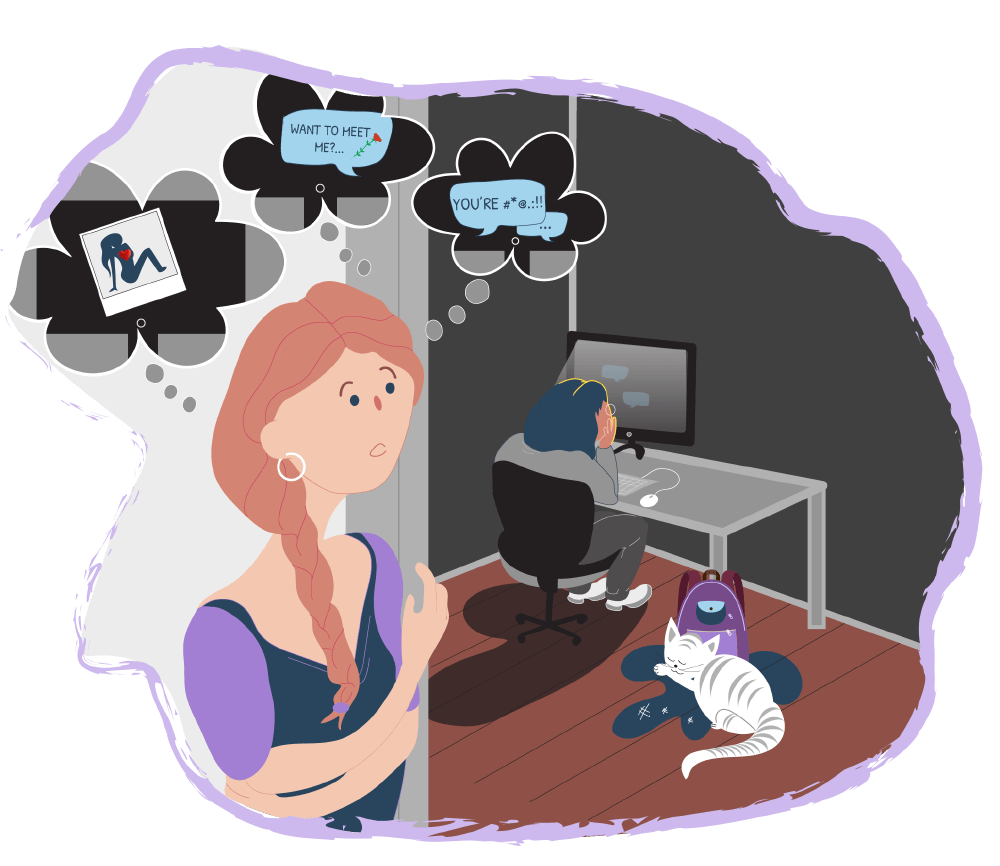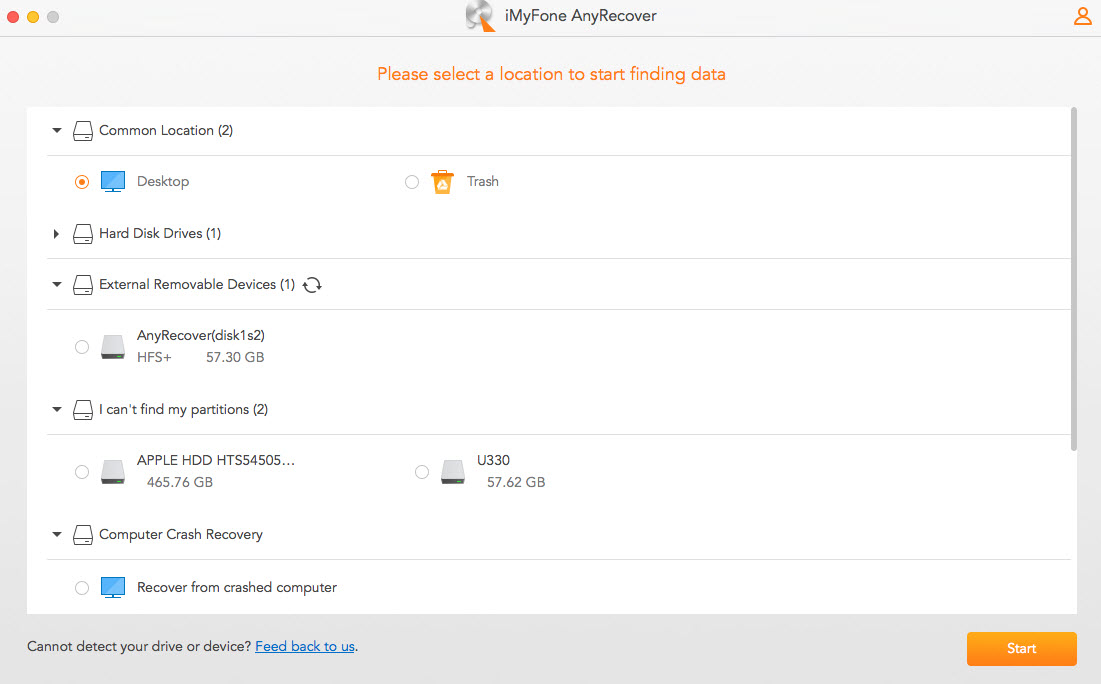ClevGuard Support: Monitor Devices with Others' Permission.
Social media has become an integral part of our lives, and it's no surprise that even children and teenagers are active users. As a parent, it's crucial to be familiar with social media platforms, understand their age restrictions, and monitor your child's online activities. In this comprehensive guide, we will delve into social media age restrictions, learn about the risks associated with underage usage, and tips to protect your children online. Let’s get started!
In this article:
What are Social Media Age Restrictions?
Social media age restrictions mean the minimum age requirement set by platforms to create an account and access their services. These restrictions are in place to protect children's privacy, ensure their safety, and comply with legal regulations.
It's important to note that while many popular social media sites adhere to the minimum age requirement, there are platforms specifically designed for younger children that may not have age restrictions. As a parent, it is your responsibility to understand and enforce these age restrictions to ensure your child's online safety.

Why Do Social Media Platforms Have Age Restrictions?
Social media platforms have age restrictions in place for several reasons. By setting a social media age limit, platforms can ensure their users are old enough to understand the risks associated with online interactions.
Moreover, social media age restrictions help safeguard children from inappropriate content, cyberbullying, and potential exploitation. Younger children may lack the maturity to navigate the complexities of social media, making them more vulnerable to these risks. By setting an age restriction on social media, platforms aim to create a safer online environment for their users.

Risks of Underage Social Media Usage
Cyberbullying and Online Harassment
Cyberbullying has become a prevalent issue in recent years. It can have severe psychosocial consequences, including depression, anxiety, isolation, and suicide. Children may be subjected to cyberbullying when someone gains access to their account and posts embarrassing content. It's crucial for parents to educate their children about the importance of password security and discourage any form of bullying or gossiping online.
Inappropriate Content and Privacy Concerns
Younger children may need to fully grasp the concept of privacy and the potential consequences of sharing inappropriate content online. They may unknowingly post messages, pictures, or videos that could harm their future reputation or affect their educational opportunities. Parents should regularly check their children's privacy settings and teach them about the permanence of online content.
Impact on Mental Health and Sleep Patterns
Excessive use of social media can harm children's mental health and sleep patterns. Spending excessive time on social networking sites like Facebook has been associated with "Facebook depression," a form of depression linked to social isolation and constant comparison to others. Additionally, the blue light emitted by screens can disrupt sleep patterns and make it harder for children to fall asleep.
Common Age Restrictions on Social Media Platforms
Different social media platforms have varying age restrictions, so parents should be aware of them. Here are some of the most popular social media platforms and their age requirements:
| Platform | Minimum Age Requirement |
|---|---|
| 13 years old | |
| 13 years old | |
| Snapchat | 13 years old |
| 13 years old | |
| TikTok | 13 years old |
| 13 years old | |
| 16 years old | |
| 16 years old | |
| YouTube | 18 years old (or 13 with parental consent) |
Tips to Protect Children - Using KidsGuard
As a parent, there are several steps you can take to protect your children from the risks associated with social media. One effective tool is KidsGuard, a comprehensive parental control app that allows you to monitor your child's online activities and ensure their safety.
- Track social media interactions: KidsGuard allows you to monitor your child's conversations, posts, and comments on social media platforms. This helps you stay informed about their online interactions and detect signs of cyberbullying or harassment.
- Set screen time limits: KidsGuard enables you to set screen time limits, ensuring that your child doesn't spend excessive time on social media. It promotes a healthy balance between online and offline activities.
- Block inappropriate content: You can block access to inappropriate content, ensuring your child is not exposed to harmful or explicit material.
- Monitor kids’ location: This app provides real-time GPS tracking, allowing you to keep tabs on your child's whereabouts and ensure their safety.
Outstanding Features of KidsGuard
By using KidsGuard, you can protect your children from the potential risks of social media while allowing them to enjoy its benefits.
Watch the video below to learn more about KidsGuard!
FAQs about Age Restriction on Social Media
Q1: Why do some social media platforms have higher age restrictions?
Some platforms, like YouTube, have higher age restrictions (18 years old) due to the nature of the content available on the platform. The platform aims to comply with legal regulations and ensure users are mature enough to handle potentially mature or explicit content.
Q2: Can I lie about my child's age to create an account for them?
It is not recommended to lie about your child's age to create an account for them. Doing so not only violates the platform's terms of service but also exposes your child to potential risks and inappropriate content. It's best to adhere to the age restrictions set by the platforms and wait until your child reaches the appropriate age.
Q3: How can I educate my child about the risks of social media?
When educating your child about the risks of social media, creating open and ongoing communication is vital. You should discuss the potential dangers, teach them about privacy settings, and encourage them to come to you if they encounter any issues online.
Summary
Social media age restrictions play a vital role in protecting children and teenagers online. By understanding these restrictions, being aware of the risks, and implementing effective parental control measures, you can ensure your child's safety in the digital world. Remember to stay informed and use tools like KidsGuard to create a safe and secure online environment for your family.







 Store
Store
